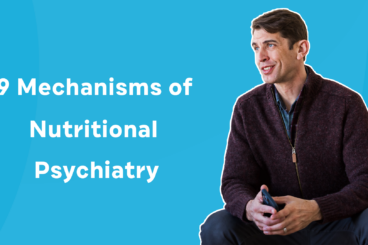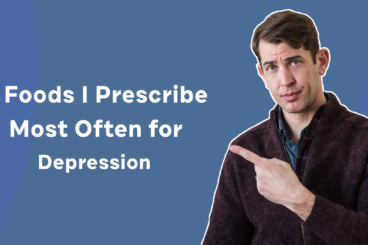
I’ve just been diagnosed with type 2 diabetes and am trying to cut out sugar. What your thoughts are on “natural” sweetener alternatives to sugar like Agave and Stevia?
Dr. Ramsey answers:
Reducing your intake of sugar and refined carbohydrates is a GREAT step towards health and happiness. Often people look to replace these with other sweeteners like Agave syrup. Unlike sugar and High Fructose Corn Syrup (HRCS), which are an equal or near equal split of glucose and fructose, the main sugar in agave is fructose (depending on the brand up to 90%) fructose. I avoid fructose other than in fresh fruit or honey mainly because fructose can’t be used by the brain, and evidence indicates it increases the storage of dangerous visceral fat. Fructose is primarily absorbed by the liver, unlike glucose (the major sugar in your blood), which can be absorbed by every cell in the body. In the liver, fructose is turned into triglyceride fats, high levels of which are linked to heart disease. Fructose is also associated with an increase fatty liver disease, an abnormal increase of fat in the liver, which is on the rise.
Often agave syrup is marketed as “safe” for diabetic patients. While fructose does not raise blood sugar (because it is not glucose, it is low on the glycemic index), studies show it can damage the body in the same way as high blood sugar levels do via a process called glycation, which leads to inflammation. Reducing inflammation is one of the key steps to having a healthier, happier brain.
I take issue with Stevia because it helps acclimate your palate to sweet stuff. I’ve grown it in my garden and sometimes add a little to lemonade or iced tea, but I don’t endorse anything that comes from a packet. Some argue it is healthy because it is a plant, but sugar cane is a plant and high-fructose corn syrup comes from corn. The molecules that make Stevia sweet are up to 300 times sweeter than sugar.
Honey and maple syrup are my favorite natural sweeteners. Part of my reasoning is that these sources of sweetness also come with minerals and phytonutrients, so they aren’t “empty” calories. If you can get sugar out of your diet, or at least minimize it, then other natural sugars like milk sugar (lactose) will start to taste sweeter. At least that is my experience.



